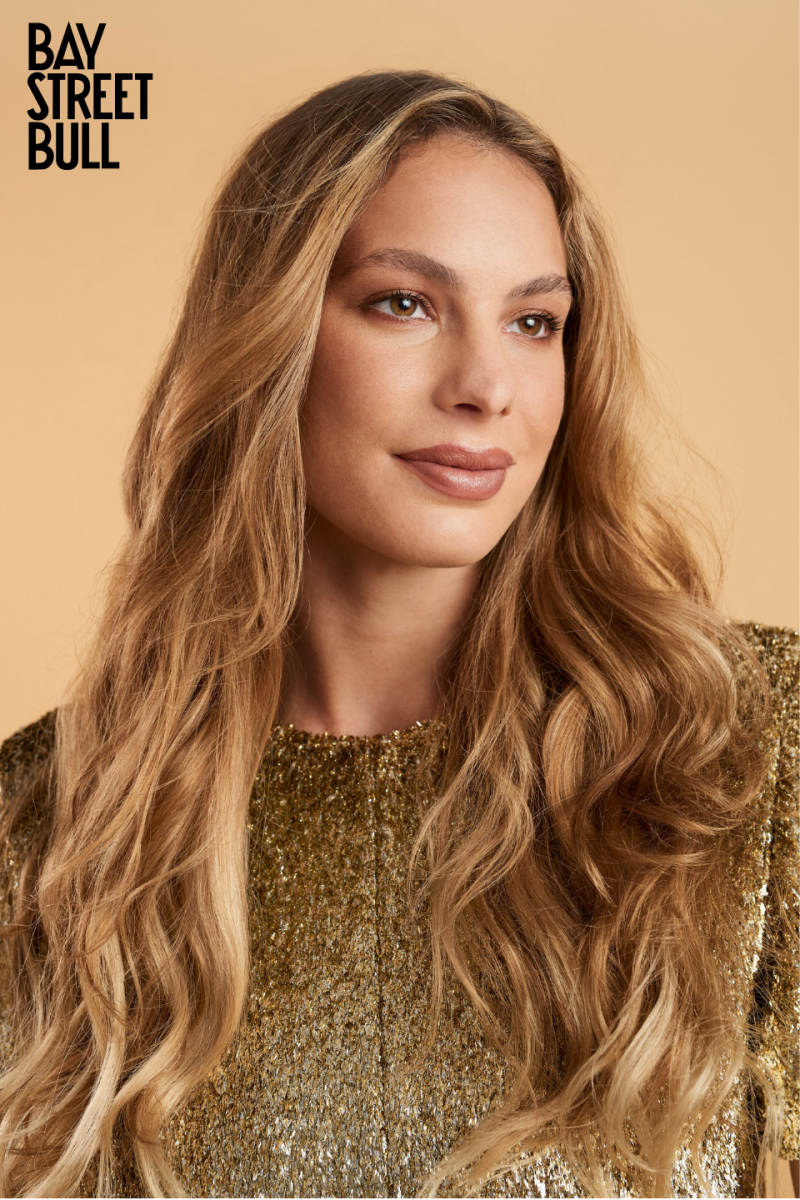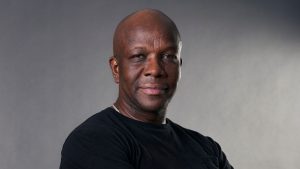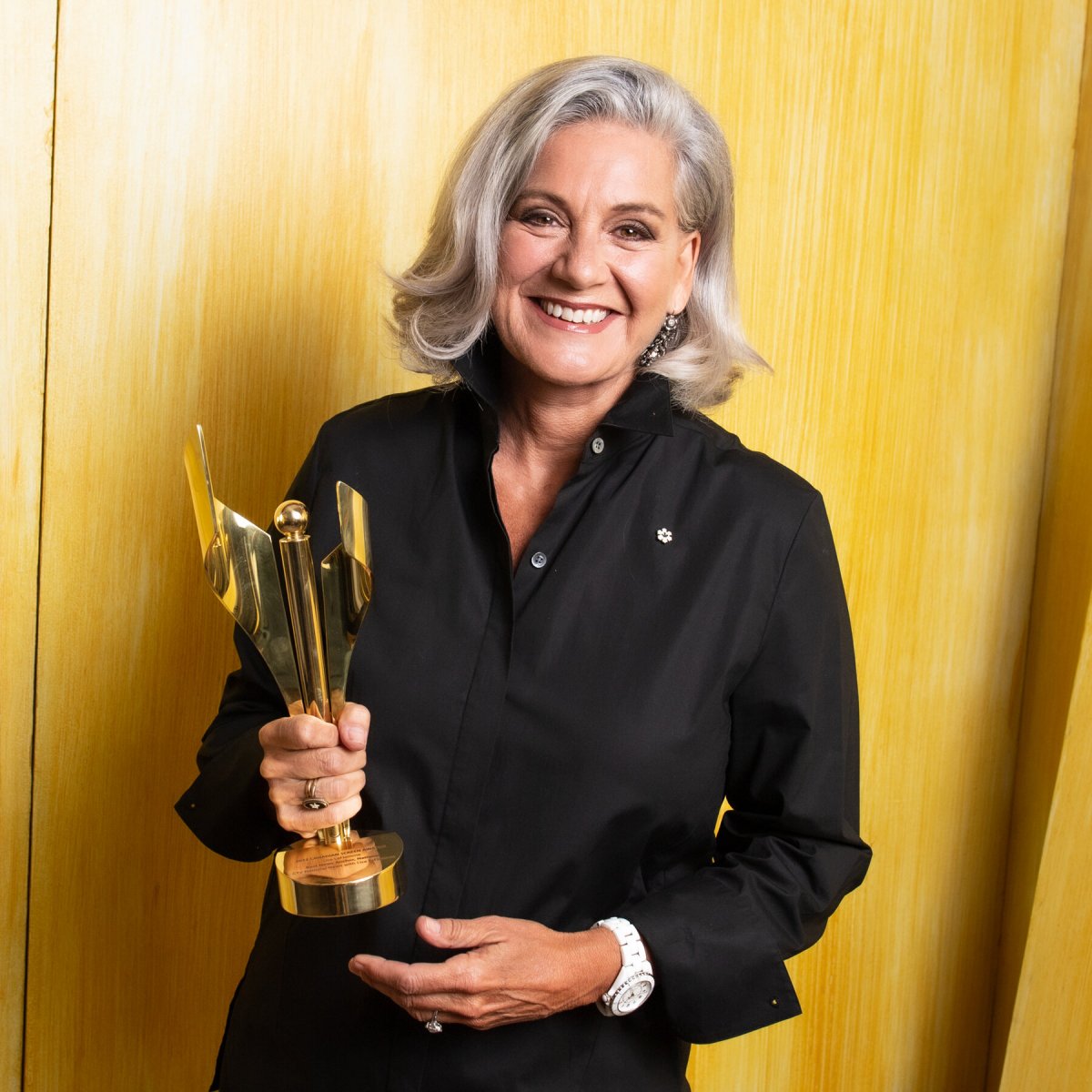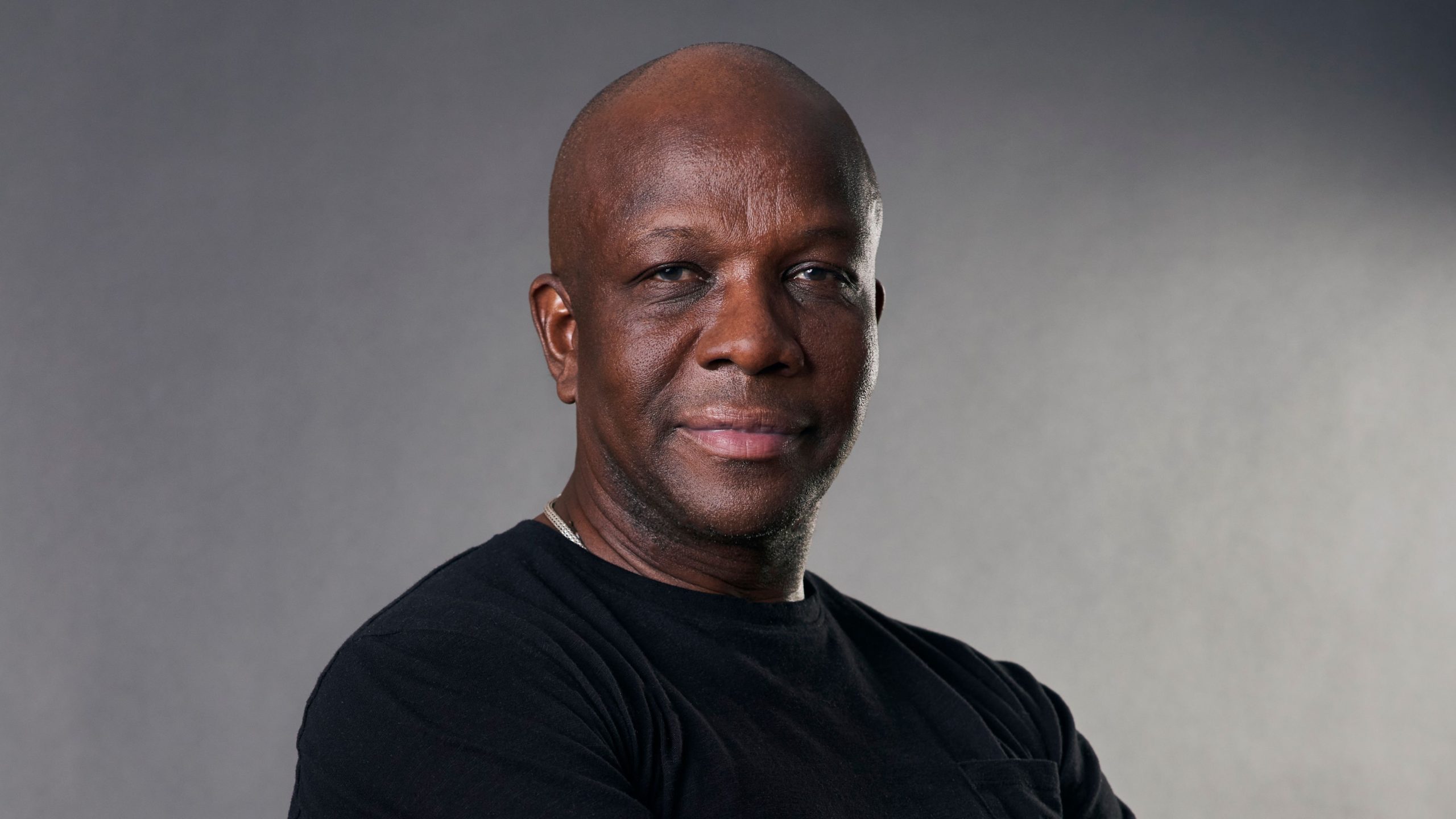Following the 2021 Tokyo Olympics, 21-year-old swimmer Penny Oleksiak made history when she returned home to Toronto newly minted as Canada’s most decorated Olympian with three new medals in tow, bringing her total collection to seven—so far.
She also brought with her a well-earned bravado, best shown off when she tweeted about a former high-school teacher who—believe it or not—discouraged her from pursuing her dreams. Oleksiak wrote, “I just googled ‘Canada’s most decorated Olympian’ and my name came up. I want to thank that teacher in high school who told me to stop swimming to focus on school bc [sic] swimming wouldn’t get me anywhere. This is what dreams are made of.”
It’s the kind of f–k you statement we see plenty enough from men at the top (and, let’s be real, mid-way and bottom) of their game, but feels refreshing (invigorating, even) to hear from a young Canadian woman who is only just getting started and clearly has no problem owning her success.
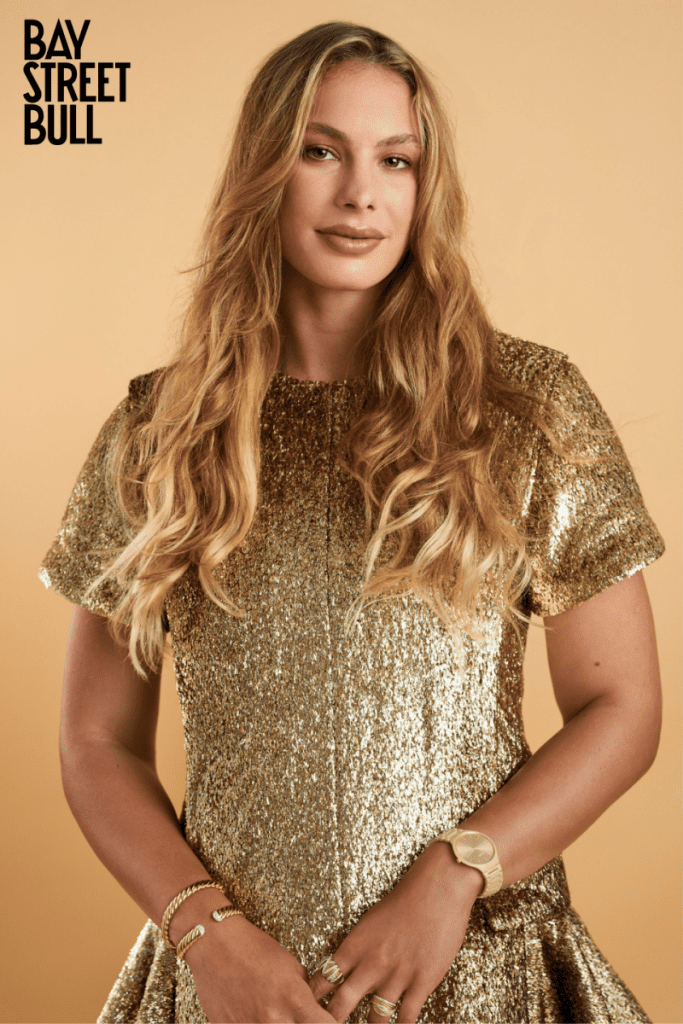

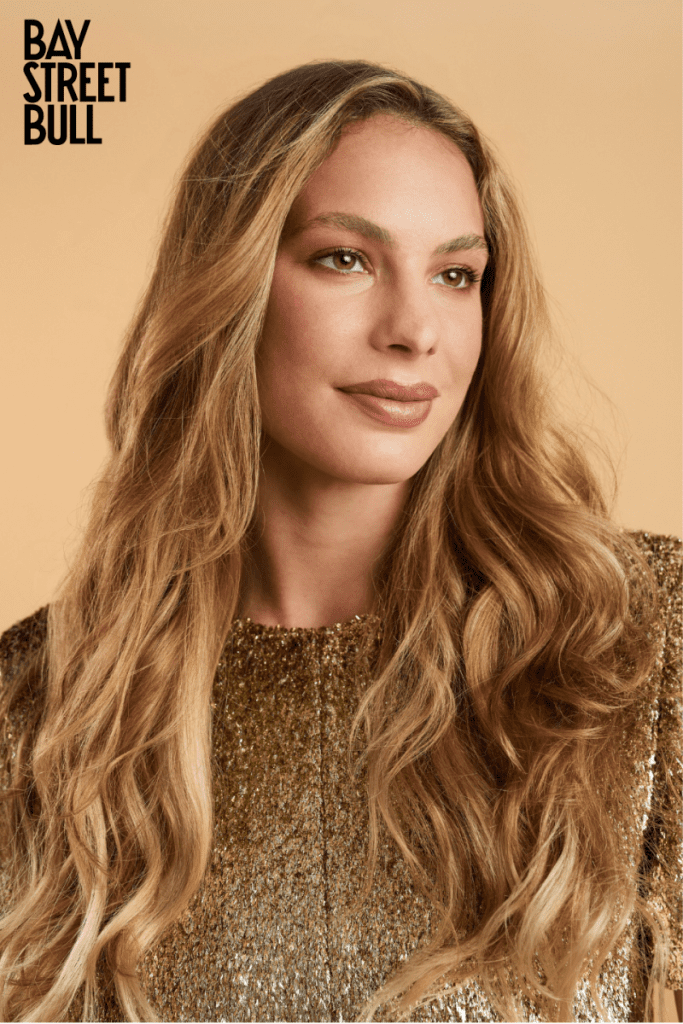

“I’ve exceeded where I thought I would be at this point,” she says. “I’m proud but I’m still going, I’m still moving. And that also means I can get lost and all of a sudden you don’t know when you’ve actually accomplished something. Finding those moments and really focusing on them and celebrating them in a way that makes you happy and being around people that make you happy—that’s the best way to honour yourself and your work.”
Despite the fact that this is a moment—perhaps even the moment—to celebrate, victory only makes Oleksiak want to win more and redefine what being the best means to her.
“I’m always trying to get better every single day,” she says. “Every day I’m in the pool, I want to be able to find something to fix or work on. I want to try and use that in the water and out of the water. When I’m training, I am constantly thinking about my hand position or how my turns are feeling. I don’t like having days where I feel perfect, because then I’m still thinking, ‘No, I need to be better than this.’”
That level of hunger and hard work has bred great success and confidence, and it’s been mirrored by many of Oleksiak’s fellow Gen Z contemporaries. For instance, consider 24-year-old Simone Biles, widely considered to be “the greatest gymnast of all time.” Biles speaks often about her “duty” to represent Black and brown girls, and the “power” she has felt since finding the courage to speak out about being a survivor of sexual abuse. Then there’s 23-year-old tennis star Naomi Osaka who, soft-spoken as she may be, told The New York Times in 2020, “[I] try as hard as I can every match. Because for me, when I feel like I do that, I somehow end up winning the match, no matter what.”
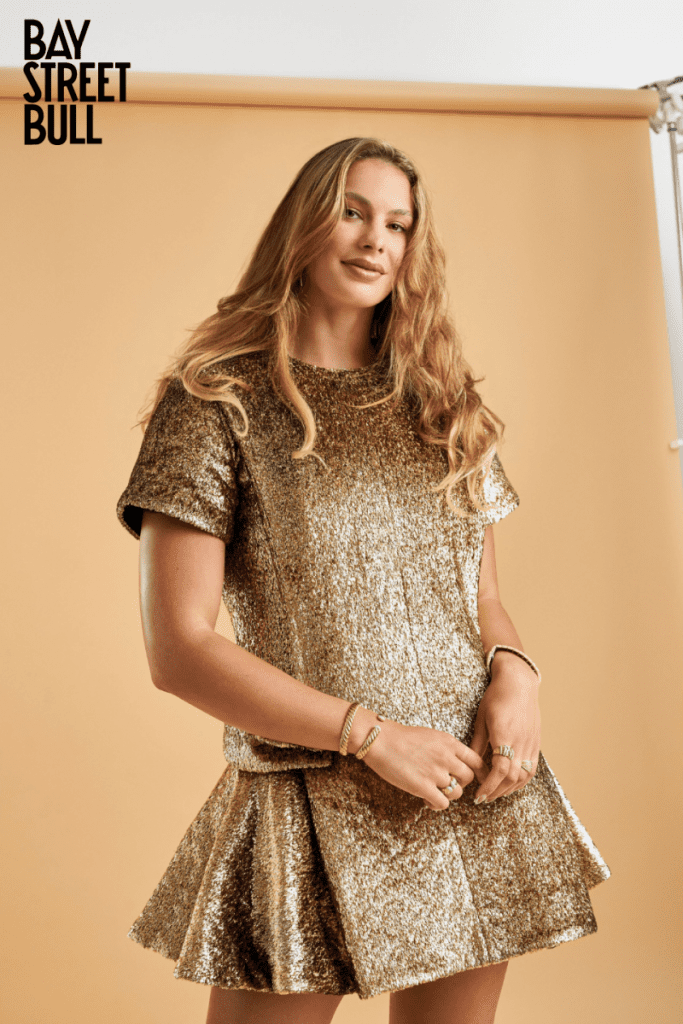

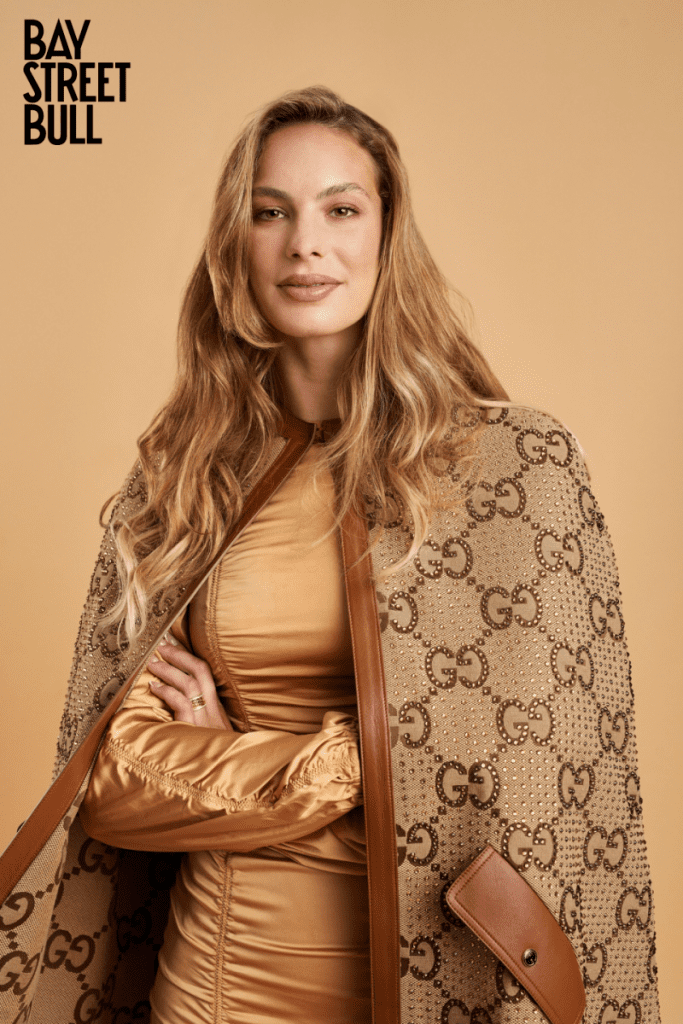

For all of these women, there is no need for validation or approval, or to hide their achievements. Why should there be when steely determination and tenacity have already laid down the groundwork? They’ve sacrificed, put in the hours, the sweat, the blood, and the tears, and it’s left no room for modesty.
In their 2014 book The Confidence Code, journalists Katty Kay and Claire Shipman explore the “confidence gap,” which suggests that women have less confidence than men and are more likely to underestimate their abilities, leading them to apply for promotions less and believe they won’t perform as well on tests or projects. It’s a pattern that the authors observed across countless industries and attributed to a range of factors including upbringing and society.
WATCH: Go Behind-the-Scenes on Set from Our Cover Shoot with Penny Oleksiak
Of course, the disparity in male and female success cannot be explained so simply. It’s no secret that much of the time when women dare to betray a hint of arrogance, they’re deemed “bossy” or “bitchy,” while their male counterparts are considered “powerful” and “decisive”— even when it comes to popular media figures, including athletes. Not too long ago, in the ‘00s, tennis champ Serena Williams’s confidence was often labelled as hard-nosed arrogance (and that’s not without racial undertones.) But things seem to slowly be changing. The fact that today, women like Oleksiak, Biles, and Osaka can have that same mentality on and off their respective courts and be considered role models for it by a new generation marks a considerable cultural shift. Not only in terms of self-esteem but mental health, a subject that has never had a bigger platform in the cultural discourse thanks to these very same women. Notably, Biles withdrew from competition at the Tokyo Olympics and Osaka did the same from Wimbledon as they chose to prioritize their mental wellbeing above all, creating a much-needed ripple effect through sports, schools, and office spaces everywhere.
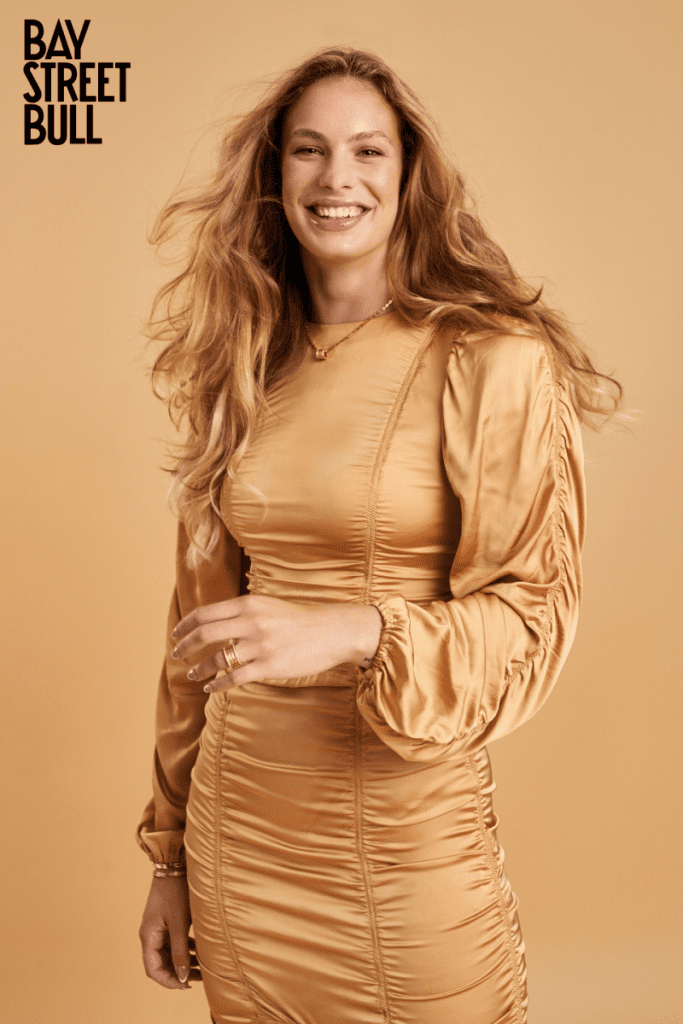

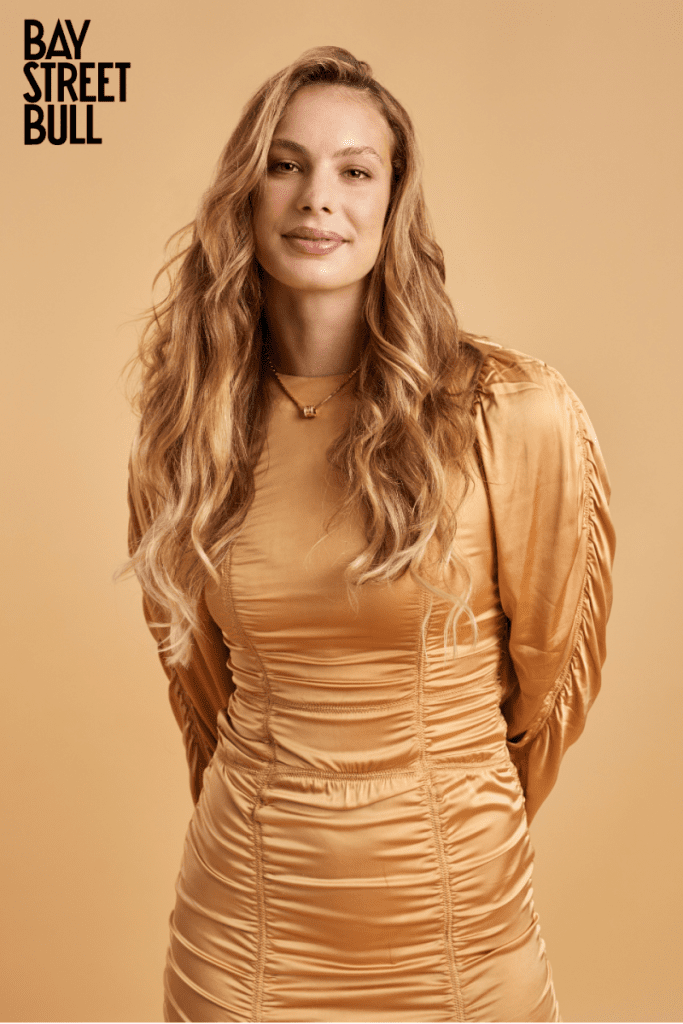

Their gallant stances resonated with Oleksiak—and plenty of Gen Zers (who are more likely to discuss and seek treatment for mental health concerns than any other generation before them.) She says, “Expecting athletes to perform and then do interviews and smile the whole time through, that’s cruel. I’m still trying to figure out where to draw that line. I think it’s really hard to figure out and it’s what a lot of athletes are struggling with now because I don’t think anyone’s ever really seen the human side of athletes outside of their sport.”
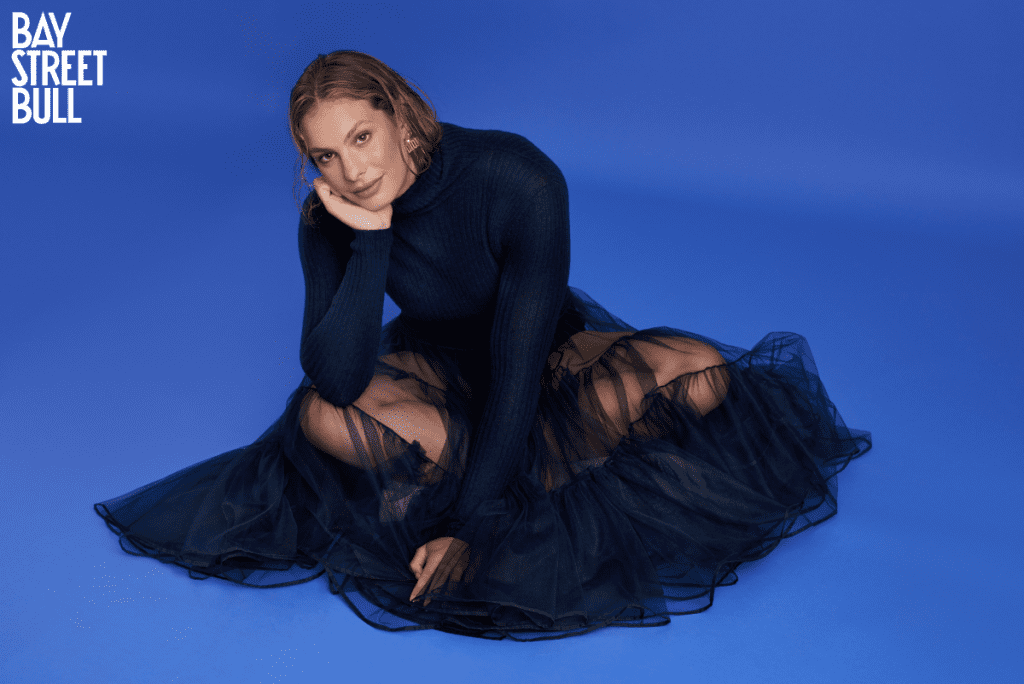

That line had never been starker to Oleksiak than just after the 2016 Summer Olympics in Rio de Janeiro. She says, “I was pretty overwhelmed with everything, the media especially, and it took me a few years to learn how to look at everything differently and use the pressures as motivation. Nearing the Tokyo Olympics, there wasn’t as much media attention. People didn’t think I was going to do as well, so I was living life normally and loving it. But after Tokyo, things ramped up and grew overwhelming again. I’m trying to just remind myself of how to handle it all. It’s an experience, one that’s not always pretty.
In recent years, a number of athletes—many of them women—have used their platforms to open up about their struggles with depression and anxiety, and have advocated for better mental healthcare. It’s critical progress, as stress and ambition are often linked to each other due to an ingrained fear of failure. Although, this isn’t entirely black and white: according to a 2014 study from the University of California at Berkeley, extrinsic ambition (a more ego-based desire to be superior) can contribute to anxiety and depression, while intrinsic ambition (a desire for satisfaction that is less based on outcome and comparison and more on connection) can contribute to happiness.
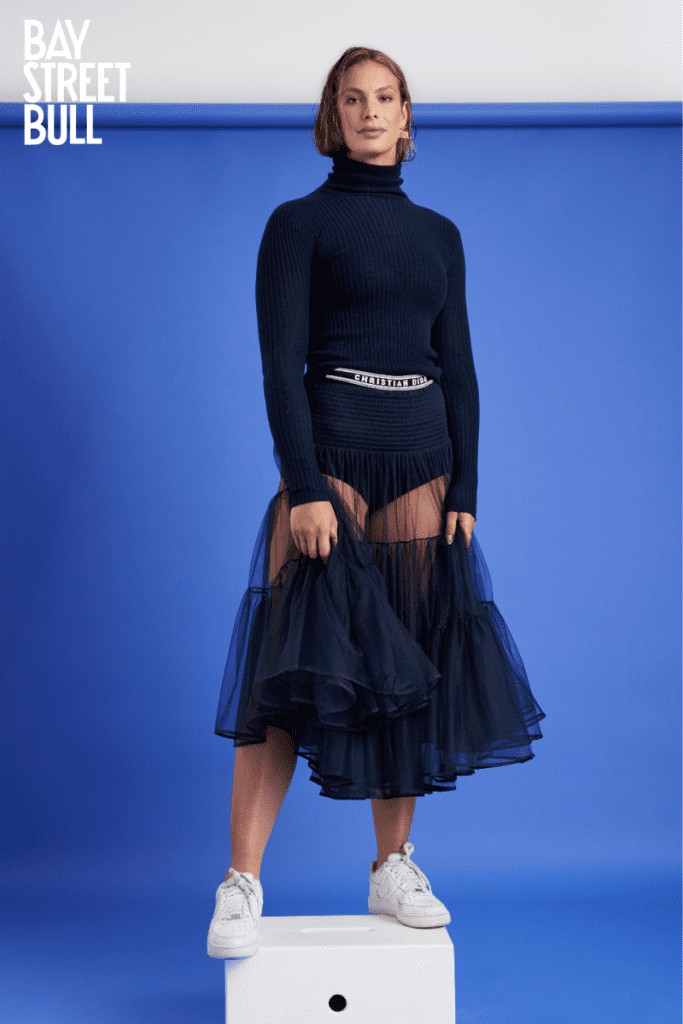

All this to say, it’s imperative to find community and grounding. In order to find a healthy balance between improvement and burnout (mental or physical) Oleksiak leans on her support system, one that begins with the best trainers in the game who motivate her to push herself past her comfort zone, but not too far beyond it.
“My mentality towards racing and training has changed a lot in the last five years,” she says. “I’m only 21, but I’ve matured in a way where I appreciate training and that’s helped me appreciate the process more so than the outcome. It gives me confidence and now I know what I’m capable of. I’m able to give myself more positive reinforcement. I can’t fool myself, but if I put in the work I know I’m going to do well because that’s who I am.”
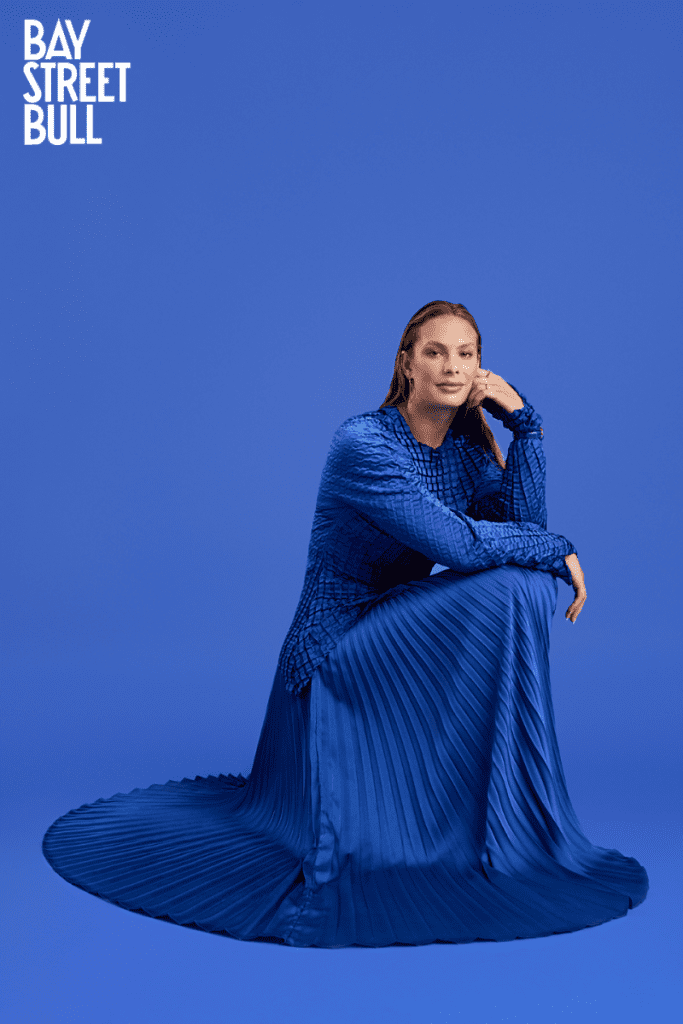

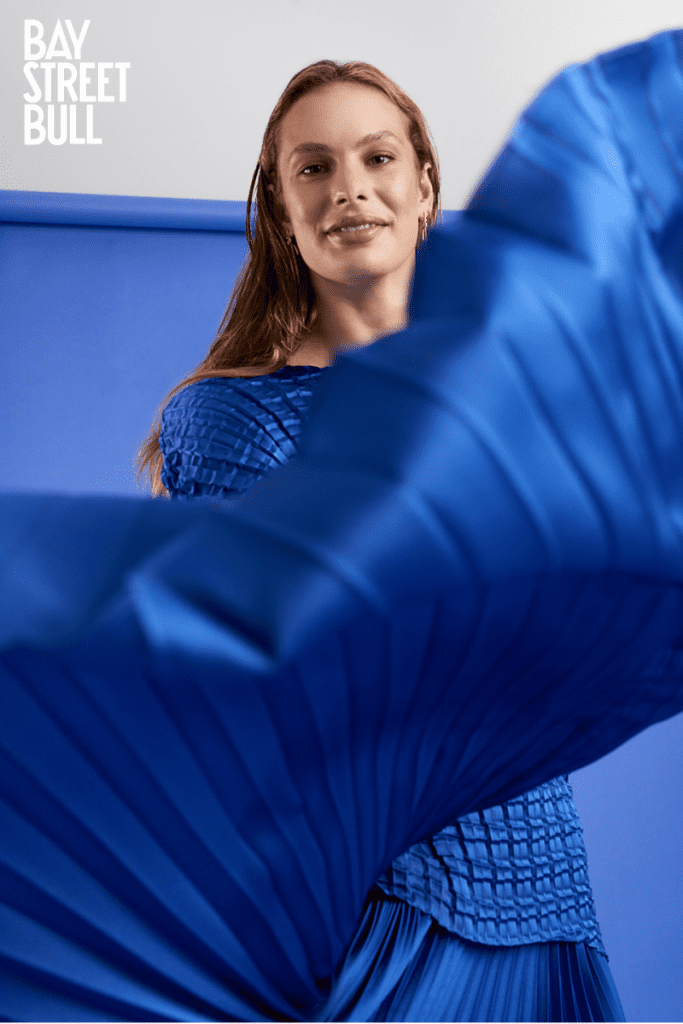

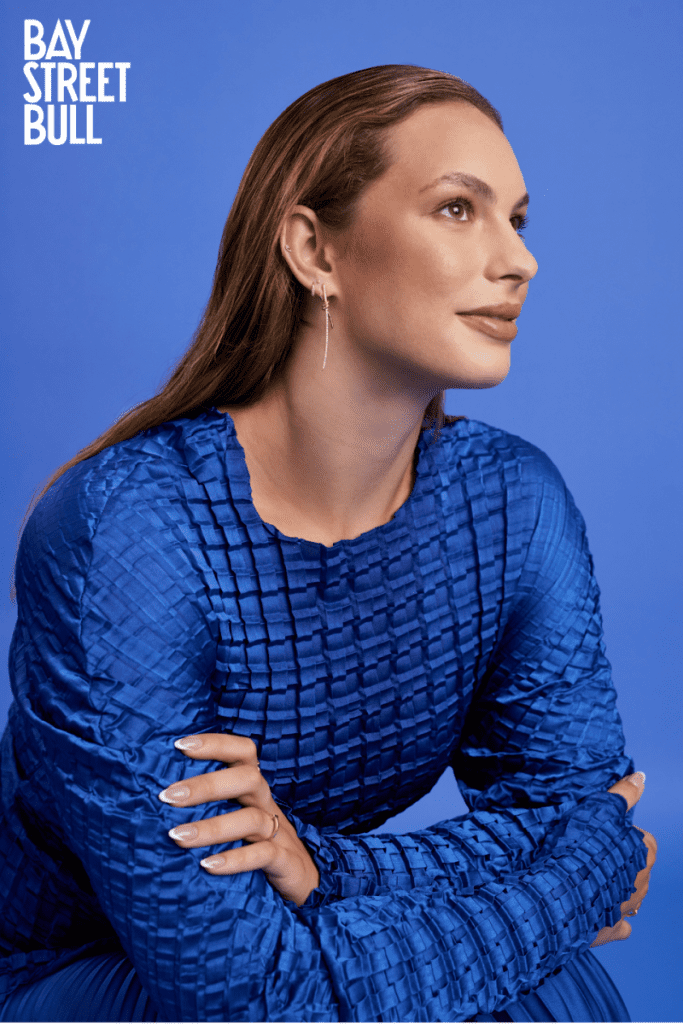

Still, that doesn’t extinguish the pressure of being a decorated athlete who is expected by the rest of the world to keep one-upping herself. For that, though, she has her team, her friends and her family, and especially her mom—her greatest inspiration—to keep her humble.
“I had to learn how to read people pretty quickly and figure out who [is] actually looking out for me and who just wants to be around me when I’m doing well,” says Oleksiak. “I believe that you’re only as good as the five people you have closest to you. It’s been five years of learning that and now I have a very small friend group who are all very motivated and grounded, and a support team that has known me for a really long time. [They] know what I stand for and what I believe in and how I operate day to day; having that close connectivity is really important.”
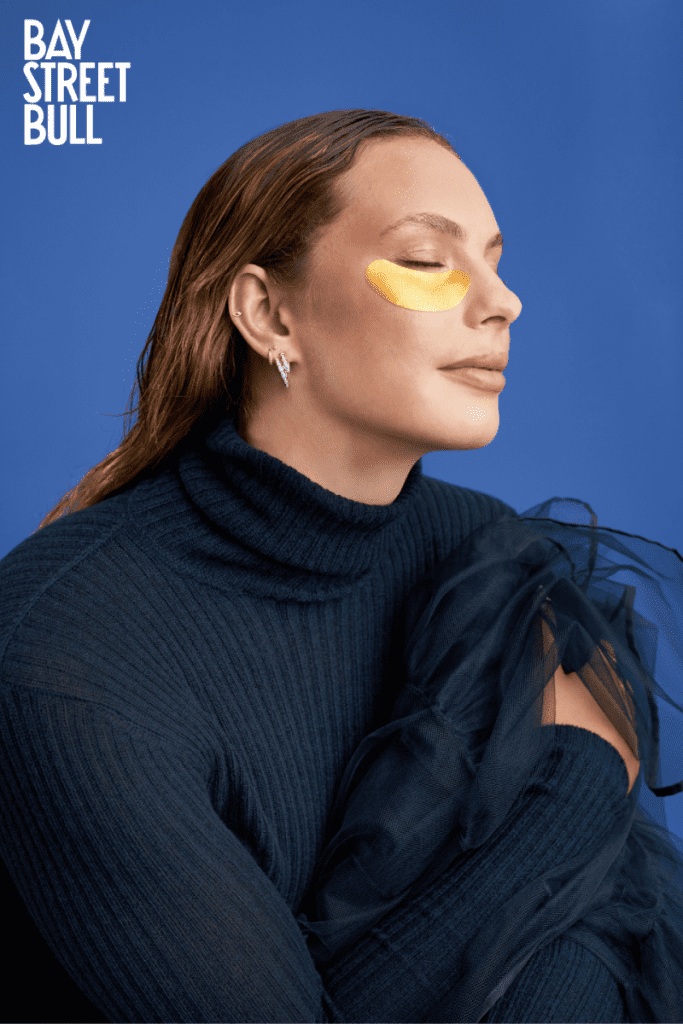

That support network is also what reminds Oleksiak that it’s important to celebrate every milestone and even the moments where it’s hard to keep going. It’s a necessary bravado and boldness that’s already setting up her generation to be leaders of a not-so-distant future. For them, apologizing for one’s success is a thing of the past.
At the end of the day, Oleksiak’s main focus will always be her joy for the swim. Well, that, “and how I can use my platform to speak about going after your dreams, about fighting your doubts, and being the best athlete and person you can be.”
Presented by



